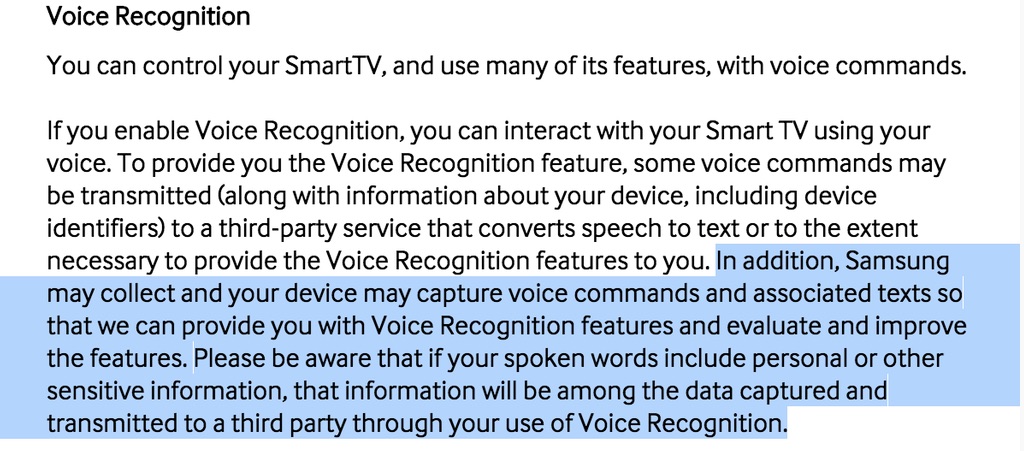Now here’s a fresh way to talk to your students — the way David Carr advised his students at Boston University:
I grade based on where you start and where you end. Don’t work on me for a better grade — work on your work and making the work of those around you better. Show industriousness and seriousness and produce surpassing work if you want an exceptional grade.
Personal Standards
Don’t raise your hand in class. This isn’t Montessori, I expect people to speak up when they like, but don’t speak over anyone. Respect the opinions of others.
This is an intense, once-a-week immersion on the waterfront of modern media-making. If you don’t show up for class, you will flounder. If you show up late or unprepared, you will stick out in unpleasant ways. If you aren’t putting effort into your work, I will suggest that you might be more comfortable elsewhere.
If you text or email during class, I will ignore you as you ignore me. It won’t go well.
I expect you to behave as an adult and will treat you like one. I don’t want to parent you — I want to teach you.
Excuses: Don’t make them — they won’t work. Stories are supposed to be on the page, and while a spoken-word performance might explain everything, it will excuse nothing. The assignments for each week are due by start of class without exception unless specific arrangements have made based on an exceptional circumstance.
If you truly have a personal or family emergency, your welfare comes first. But nothing short of that will have any traction with me.


